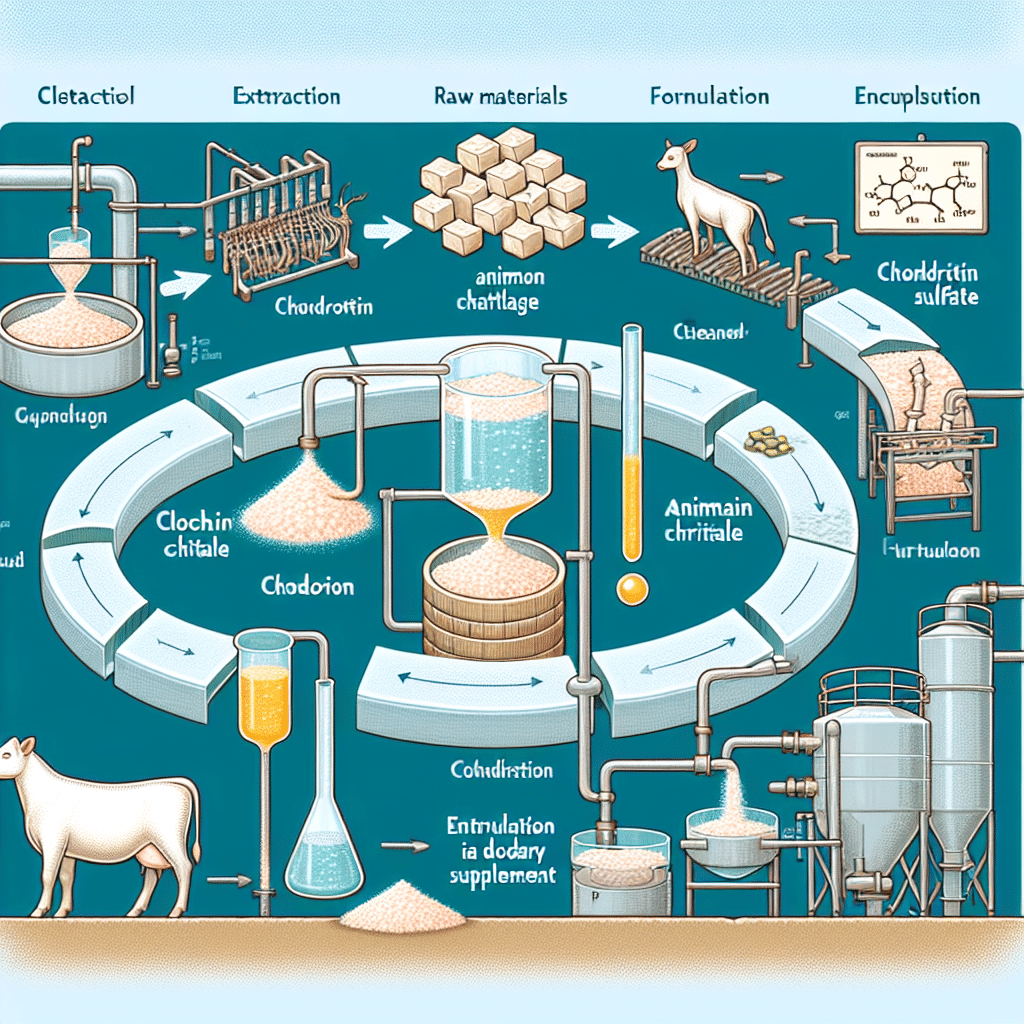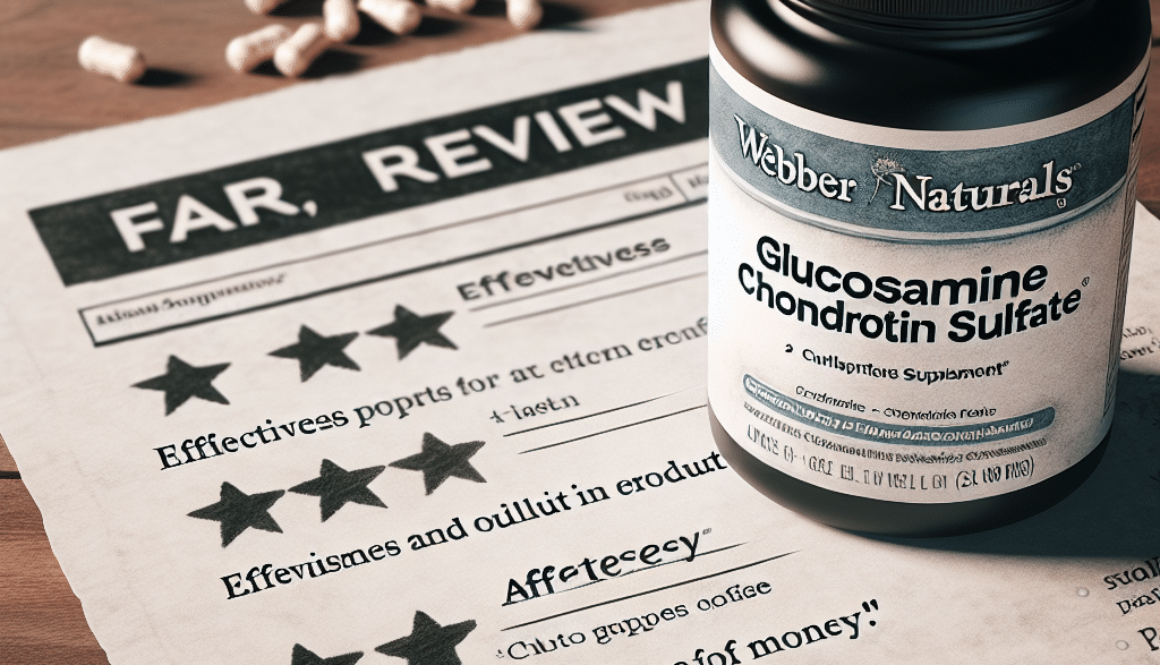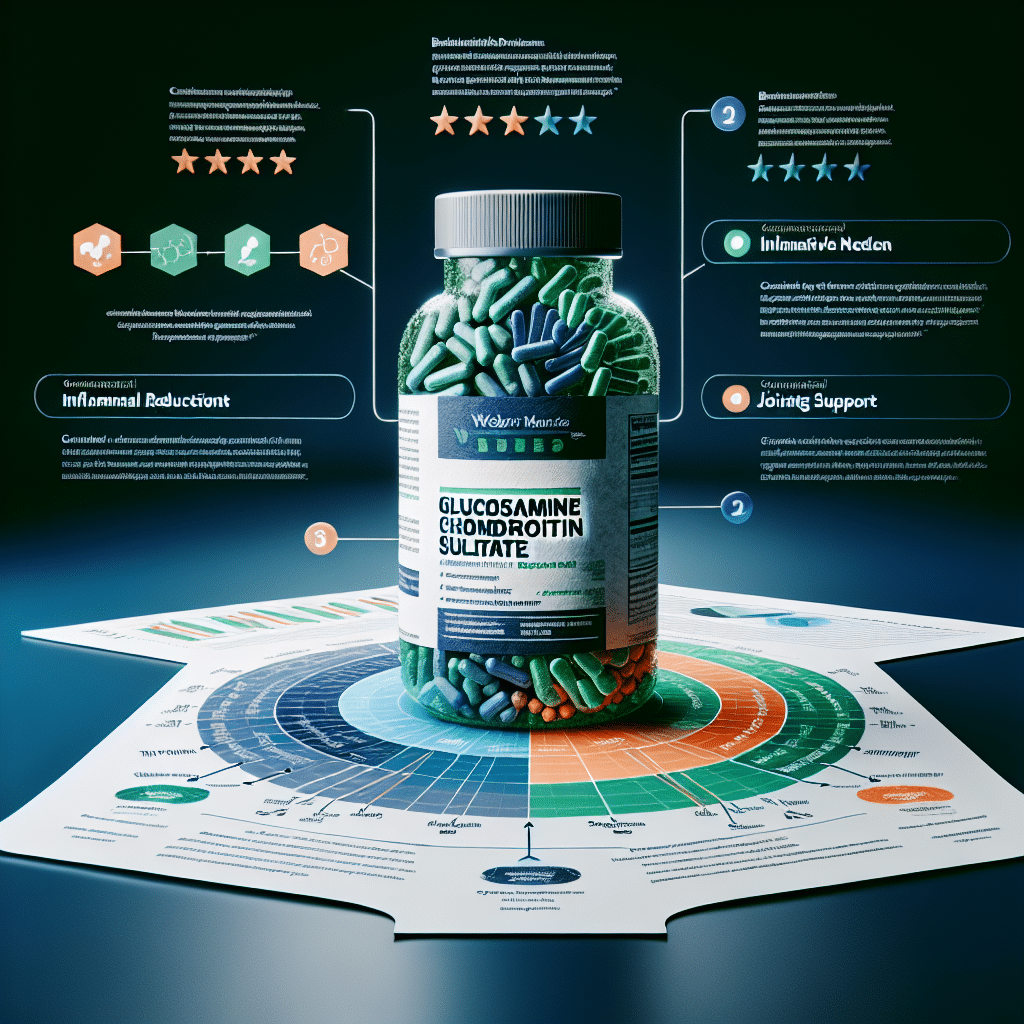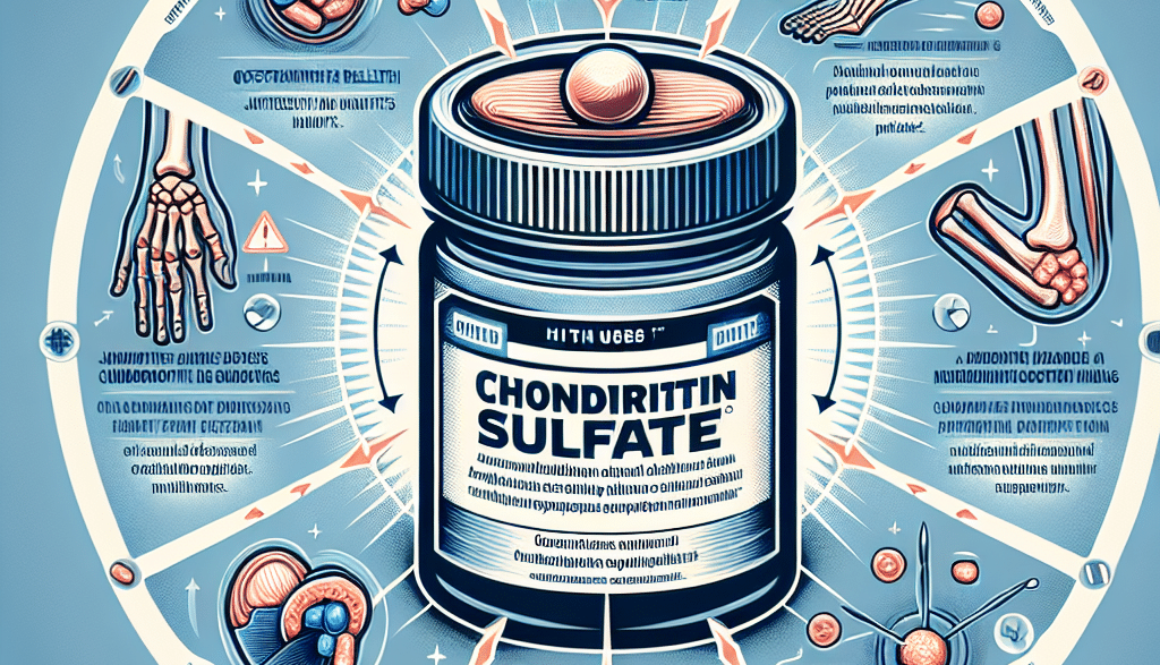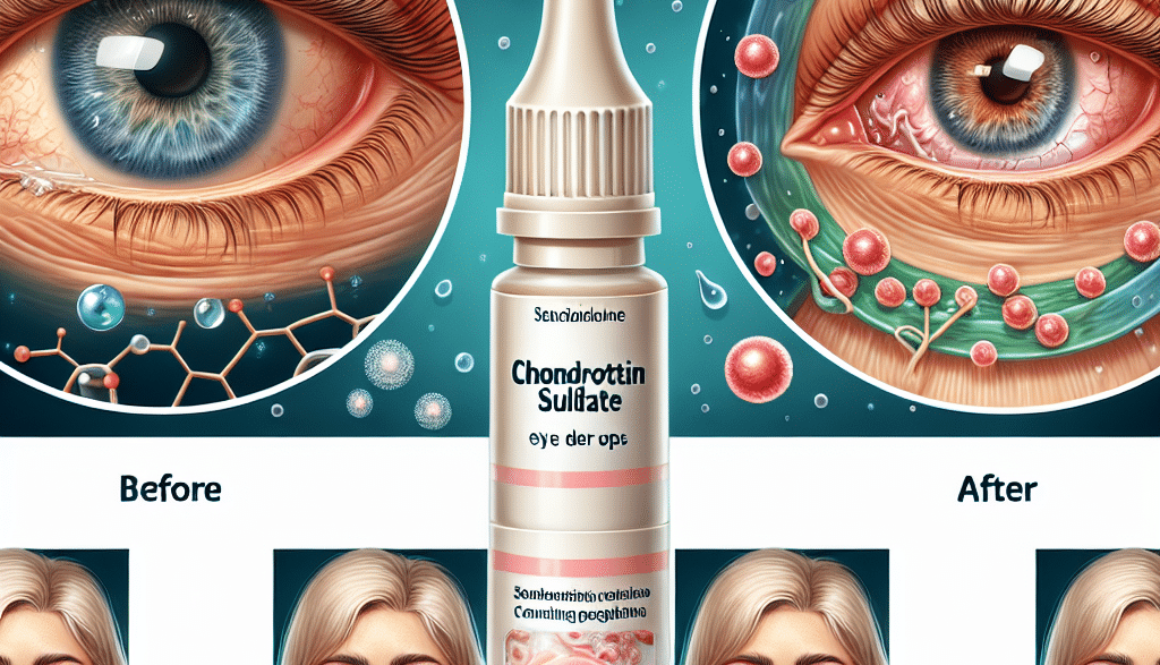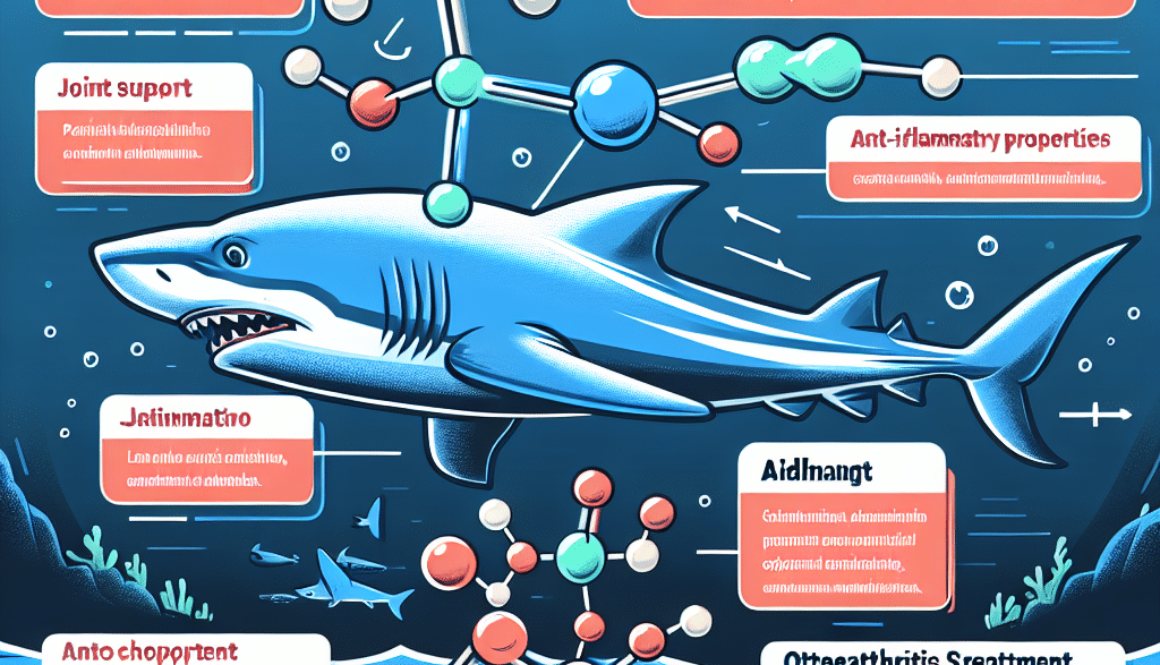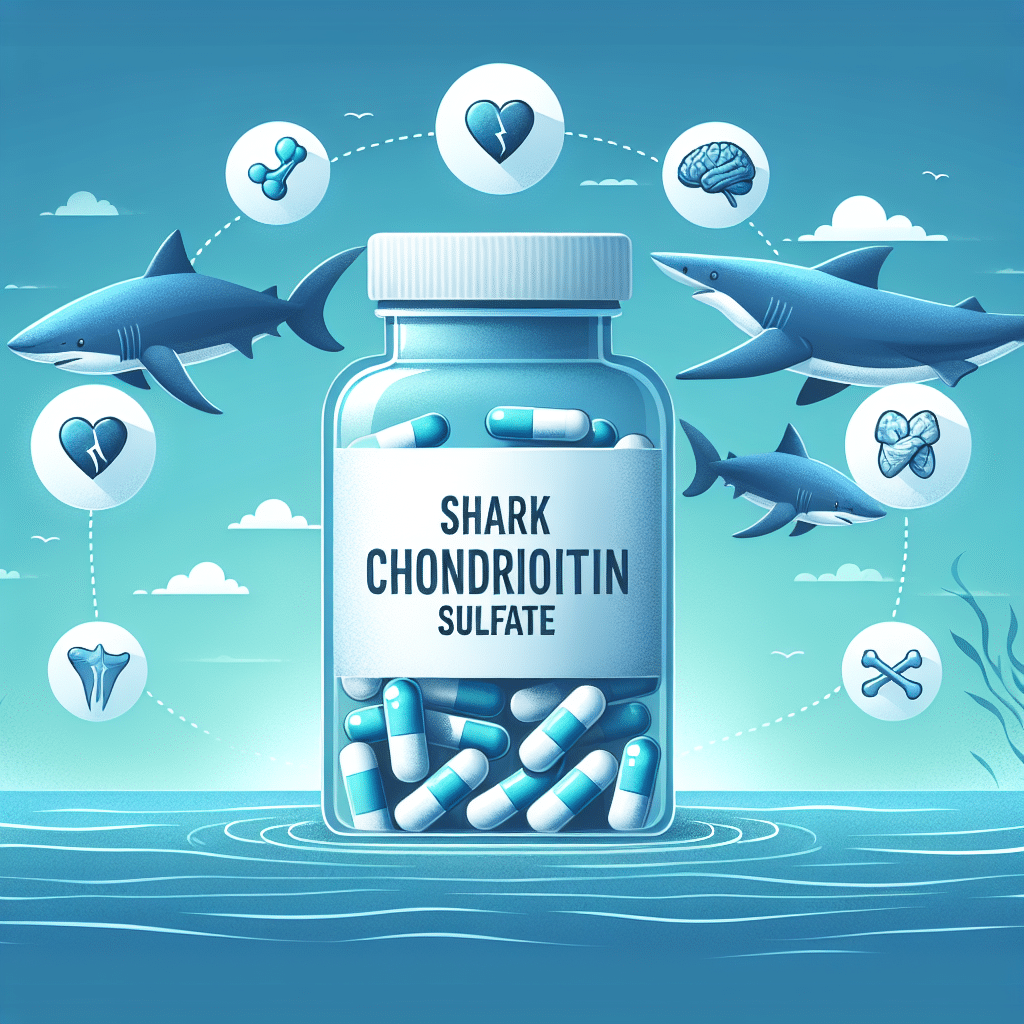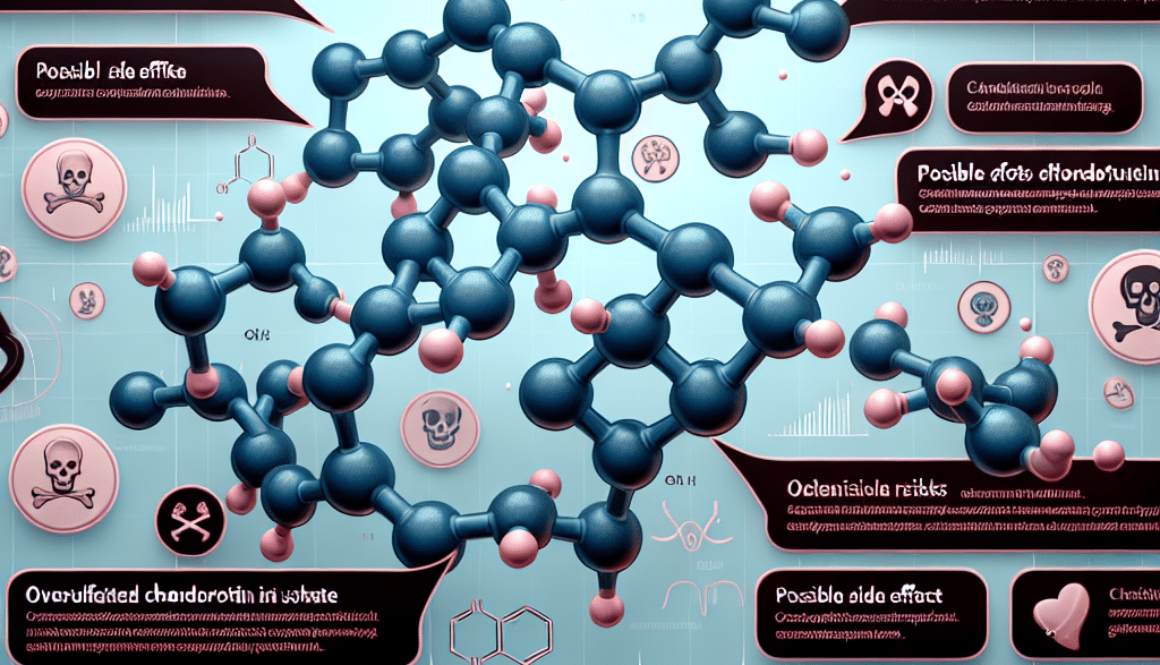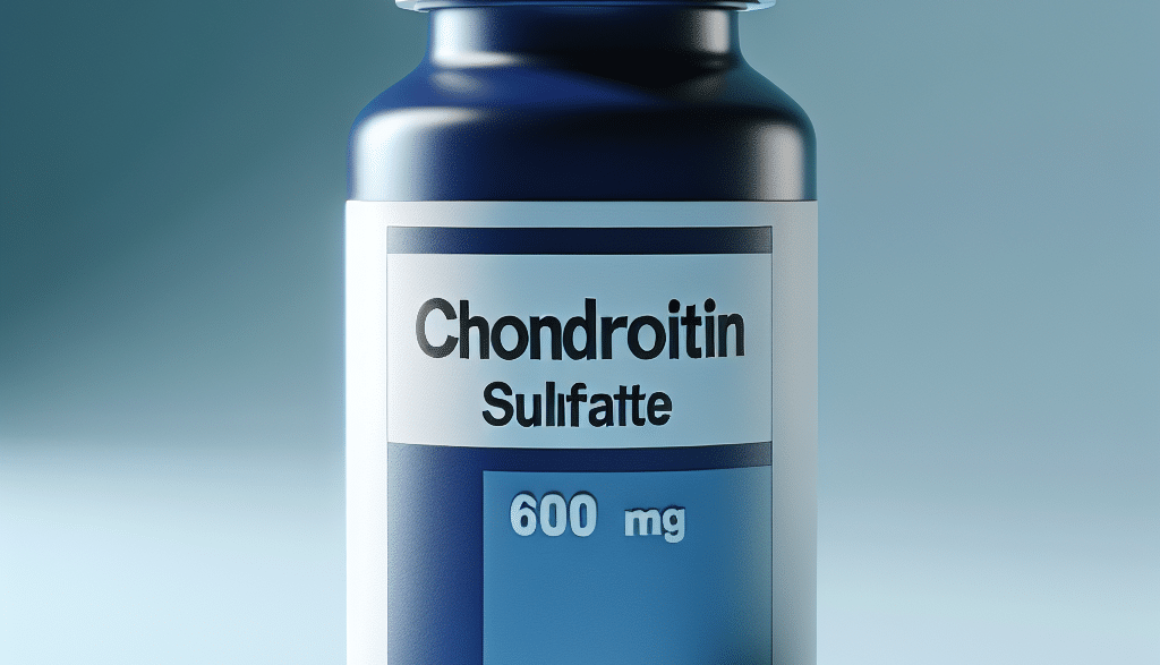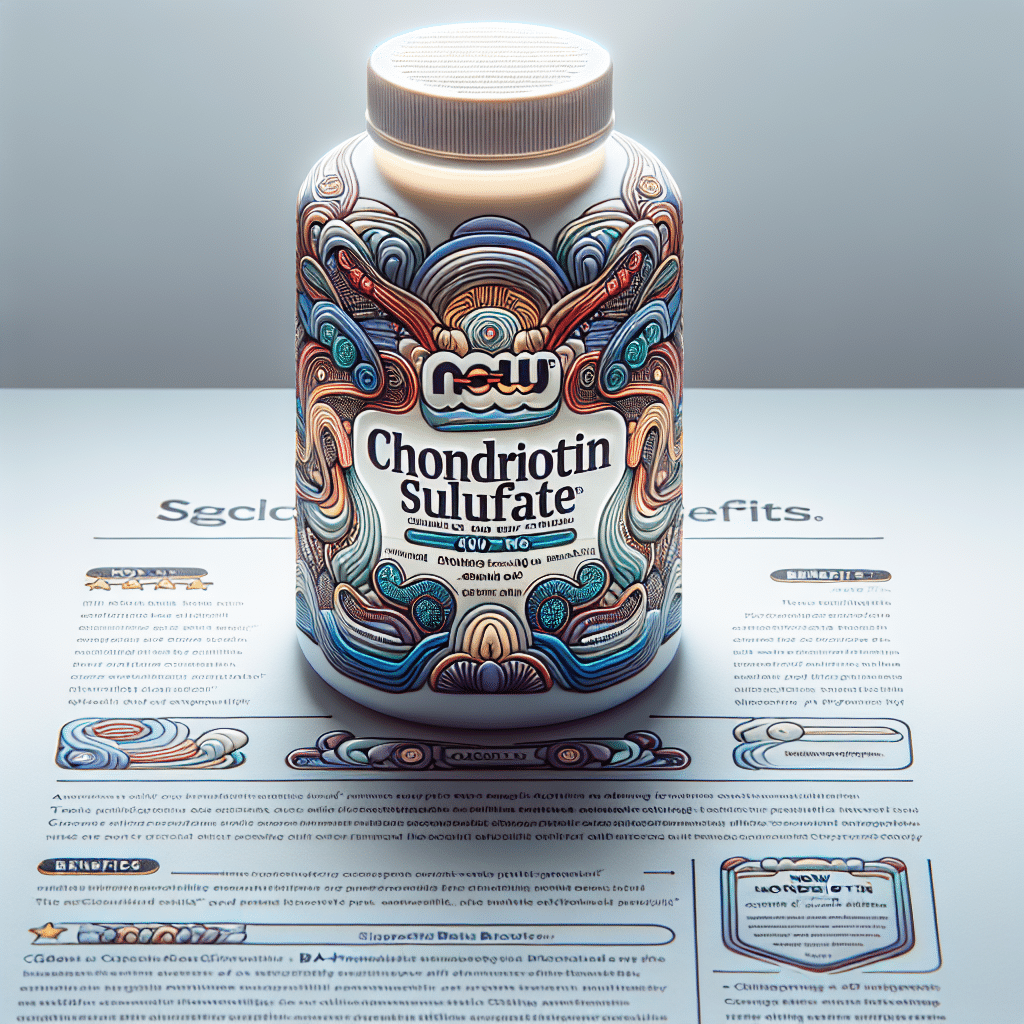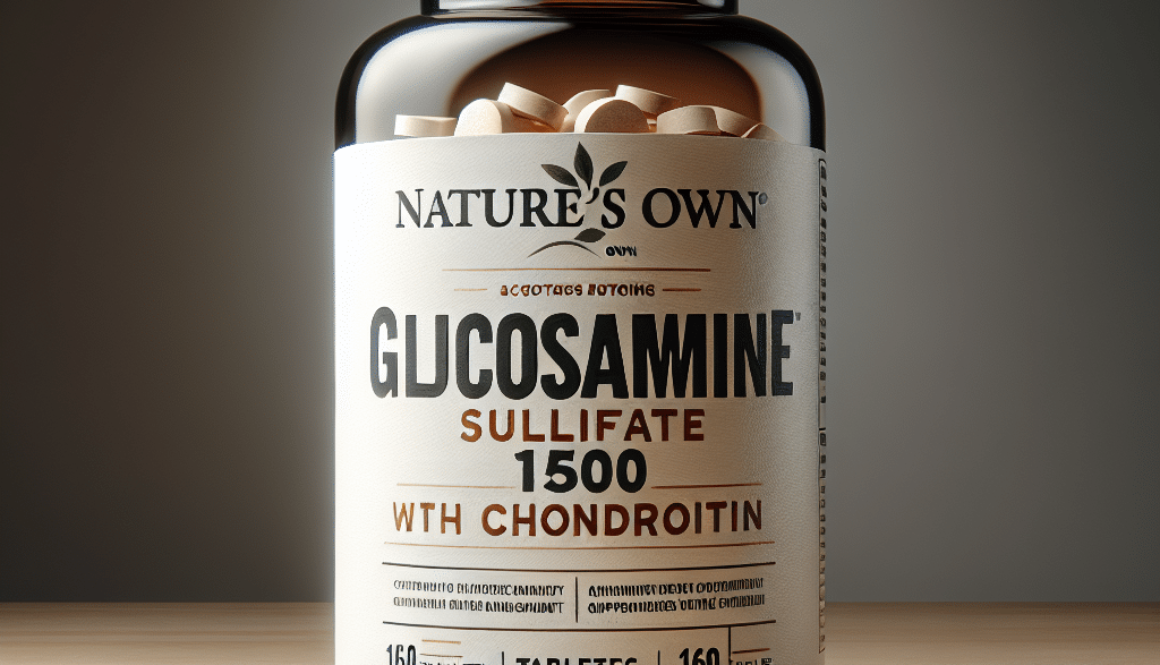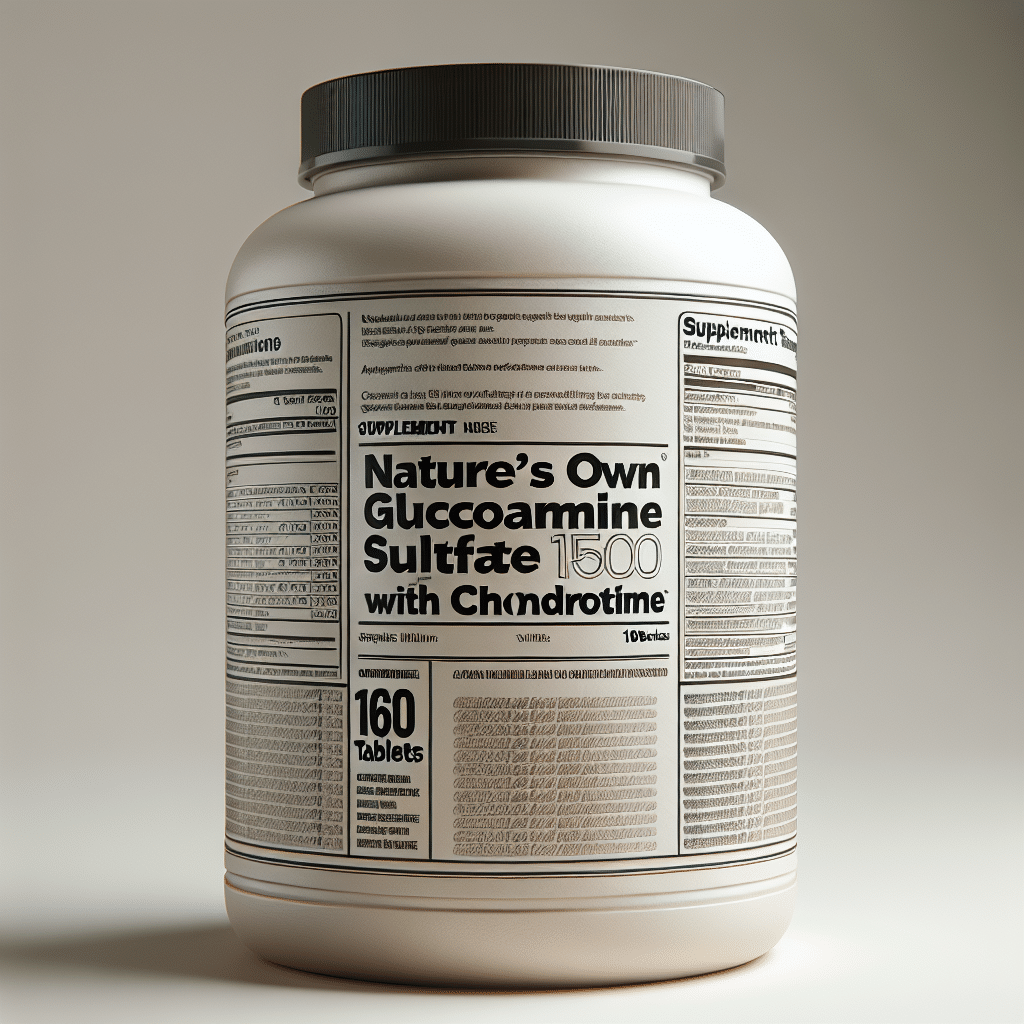What is Chondroitin Sulfate Made From?
-
Table of Contents
- Chondroitin Sulfate: Understanding Its Origins and Benefits
- What is Chondroitin Sulfate?
- Natural Sources of Chondroitin Sulfate
- Extraction and Production of Chondroitin Sulfate
- Applications and Health Benefits
- Quality and Safety Considerations
- Environmental and Ethical Concerns
- Conclusion: The Importance of Chondroitin Sulfate
- Discover ETchem’s Protein Products
Chondroitin Sulfate: Understanding Its Origins and Benefits
Chondroitin sulfate is a naturally occurring compound found in the human body and is a vital part of cartilage, providing it with structure and shock-absorbing properties. Due to its importance in joint health, chondroitin sulfate has become a popular dietary supplement, particularly for those looking to alleviate the symptoms of osteoarthritis. In this article, we will explore the origins of chondroitin sulfate, how it is made, and its various applications.
What is Chondroitin Sulfate?
Chondroitin sulfate is a sulfated glycosaminoglycan (GAG) composed of a chain of alternating sugars (N-acetylgalactosamine and glucuronic acid). It is an important structural component of cartilage, providing much of its resistance to compression. Along with glucosamine, chondroitin sulfate has been widely studied for its potential to support joint health and treat osteoarthritis.
Natural Sources of Chondroitin Sulfate
Chondroitin sulfate is found in the cartilage of animals, including humans. The highest concentrations are found in bovine (cow), porcine (pig), shark, and avian (chicken) sources. These natural sources form the basis for commercial chondroitin sulfate production.
- Bovine cartilage: Often used due to its availability and similarity to human cartilage.
- Porcine cartilage: Another common source, with a structure and composition close to that of humans.
- Shark cartilage: Sourced from various species of sharks, it is sometimes preferred for its perceived potency.
- Avian cartilage: Extracted from chicken sternums, it is a readily available source of chondroitin sulfate.
Extraction and Production of Chondroitin Sulfate
The production of chondroitin sulfate involves several steps, starting with the procurement of animal cartilage. Once the cartilage is collected, it undergoes a process of purification to extract the chondroitin sulfate. This process typically includes washing, enzymatic hydrolysis, filtration, and precipitation. The end product is a high-purity chondroitin sulfate powder, which can be used in supplements and other products.
Applications and Health Benefits
Chondroitin sulfate is primarily used in dietary supplements aimed at improving joint health. It is often combined with glucosamine and sometimes MSM (methylsulfonylmethane) to enhance its effects. The purported benefits of chondroitin sulfate supplements include:
- Reducing joint pain and inflammation associated with osteoarthritis.
- Slowing the progression of osteoarthritis by helping to maintain cartilage health.
- Improving joint function and mobility.
While research on the efficacy of chondroitin sulfate is ongoing, many users report relief from joint pain and improved mobility when taking the supplement regularly.
Quality and Safety Considerations
When sourcing chondroitin sulfate, it is crucial to consider the quality and safety of the product. High-quality supplements are manufactured under strict regulatory standards to ensure they are free from contaminants and contain the labeled amount of active ingredients. Consumers should look for products that have been third-party tested and certified for purity and potency.
Environmental and Ethical Concerns
The extraction of chondroitin sulfate from animal sources raises environmental and ethical concerns. Sustainable sourcing practices are essential to minimize the impact on animal populations, particularly in the case of shark cartilage. Ethical manufacturers ensure that their products are derived from byproducts of animals that have been raised for other purposes, such as meat production, thereby reducing waste and promoting sustainability.
Conclusion: The Importance of Chondroitin Sulfate
Chondroitin sulfate plays a crucial role in maintaining the structural integrity of cartilage and is a valuable supplement for those seeking to support joint health. Its production from animal cartilage requires careful consideration of quality, safety, and ethical sourcing. As research continues to uncover the full potential of chondroitin sulfate, it remains a popular choice for individuals looking to manage joint-related conditions.
Discover ETchem’s Protein Products
If you are interested in high-quality protein products, including those containing chondroitin sulfate, ETchem is a reputable supplier worth considering. ETchem offers a range of collagen products derived from various sources, ensuring that you can find the right type of protein to meet your needs.
About ETChem:
ETChem, a reputable Chinese Collagen factory manufacturer and supplier, is renowned for producing, stocking, exporting, and delivering the highest quality collagens. They include marine collagen, fish collagen, bovine collagen, chicken collagen, type I collagen, type II collagen and type III collagen etc. Their offerings, characterized by a neutral taste, instant solubility attributes, cater to a diverse range of industries. They serve nutraceutical, pharmaceutical, cosmeceutical, veterinary, as well as food and beverage finished product distributors, traders, and manufacturers across Europe, USA, Canada, Australia, Thailand, Japan, Korea, Brazil, and Chile, among others.
ETChem specialization includes exporting and delivering tailor-made collagen powder and finished collagen nutritional supplements. Their extensive product range covers sectors like Food and Beverage, Sports Nutrition, Weight Management, Dietary Supplements, Health and Wellness Products, ensuring comprehensive solutions to meet all your protein needs.
As a trusted company by leading global food and beverage brands and Fortune 500 companies, ETChem reinforces China’s reputation in the global arena. For more information or to sample their products, please contact them and email karen(at)et-chem.com today.


